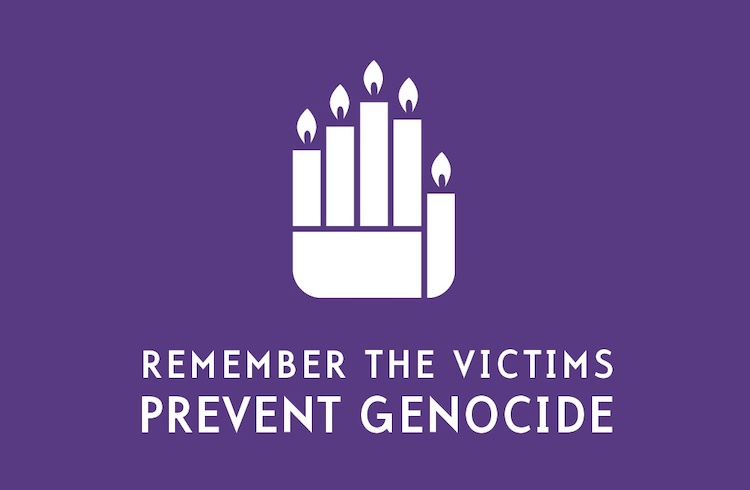By Lisa Vives, Global Information Network
NEW YORK (IDN) — Genocide Prevention Day falls on December 9 and marks the anniversary of the Convention on the Prevention and Punishment of the Crime of Genocide (also known as the UN Genocide Convention. On this day, the victims of genocide worldwide are remembered. People around the world are encouraged to learn from the past and take action to prevent future atrocities.
First Genocide
Namibia is the country on whose soil the first genocide of the 20th century took place, writes Major General JB Tjivikua in a recent editorial. Tjivukua served in the Namibian Police for 27 years.
Tjivikua recalled the Ovaherero and Nama genocide—a campaign of ethnic extermination and collective punishment waged by the German Empire’s ‘Schutztruppe’ in then ‘Deutsch Südwestafrika’, now Namibia.
“The purpose was to conquer and plunder. Between 80,000 Ovaherero and 10,000 Namas were massacred between 1904 and 1908.”
This genocide, the first of the twentieth century, was a prelude to the Holocaust in both the ideology of racial hierarchy that justified the genocide and in the methods employed.
Such linkage between the two genocides has been termed the “continuity thesis”. Last year, Germany apologized to Namibia for the colonial-era slaughter when its troops put down a tribal uprising. It offered $1.3 billion to aid in reconstruction and development.
Other Genocides in Africa
The Commemoration of the Genocide against the Tutsis in Rwanda is organized annually by the African Union following a decision to recognize April 7 as a day of remembrance for genocide victims.
It also a time for reaffirmation by Africans to resolve to prevent and fight genocide.
This decision was adopted by the AU Permanent Representatives Committee during its special session on the Commemoration of the 10th Anniversary of the genocide against Tutsis in Rwanda.
An estimated 800,000 Tutsis and moderate Hutus were massacred.
Root Causes
Genocide and related atrocities tend to occur in societies with diverse national, racial, ethnic and religious groups that are locked in identity-related conflicts.
It is not simply differences in identity—whether real or perceived—that generate conflict.
It is the implication of these differences in terms of access to power and wealth, services and resources, employment, development opportunities, citizenship and enjoying fundamental rights and freedoms.
These conflicts are fomented by discrimination, hate speech inciting violence, and other human rights violations.
December 9 is an opportunity to continuously awaken greater awareness about the value of life and humanity, and to renew our collective commitment to protecting fundamental human rights.
It is also an opportunity to unite against any form of genocide, genocide-related ideology, as well as genocide denial, to emphasise the demand for restorative justice and reparations.
December 9 has come to mean different things to many people.
For those who have lost their loved ones, it is a time of sorrow and remembrance; for others it may serve as a reminder that many who have come before us lost their lives to provide us with the opportunities we now have.
For all of us, it can prove that we can stand as one to honor our fallen heroes and heroines.
It’s apt to quote Holocaust survivor and Nobel laureate Elie Wiesel: “For the dead and the living, we must bear witness.” [IDN-InDepthNews — 05 December 2022]
Image credit: United Nations
IDN is the flagship agency of the Non-profit International Press Syndicate.
We believe in the free flow of information. Republish our articles for free, online or in print, under Creative Commons Attribution 4.0 International, except for articles that are republished with permission.

